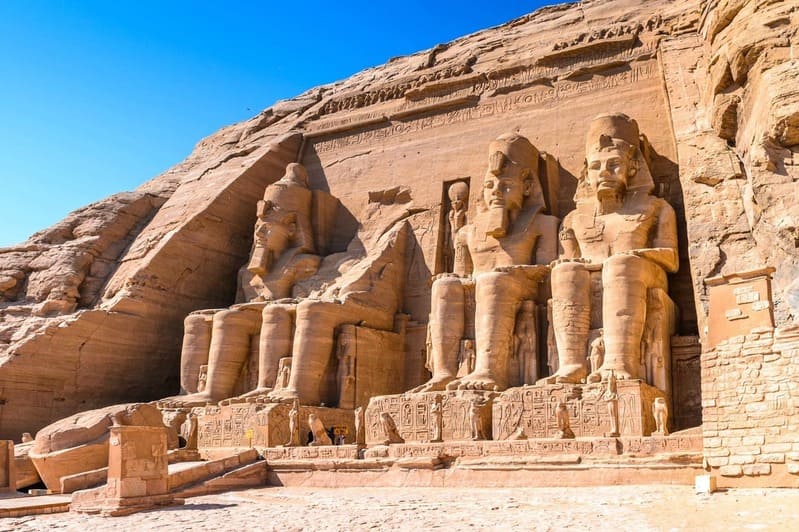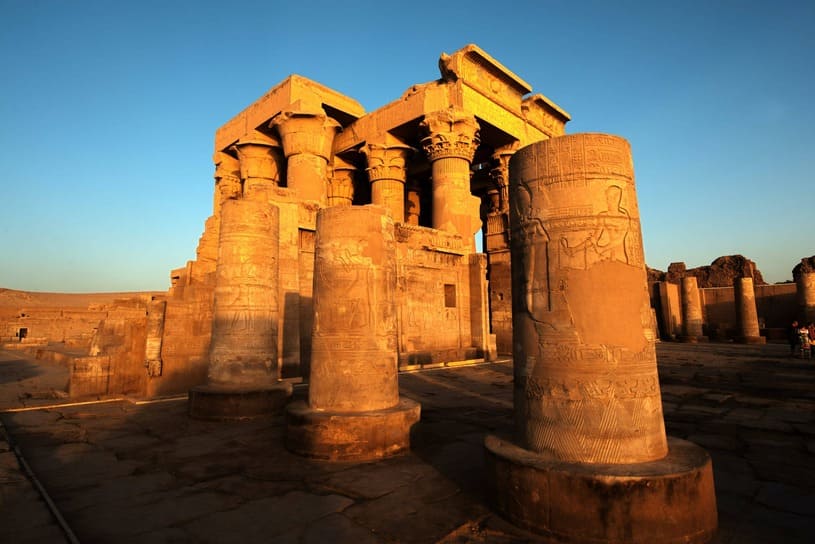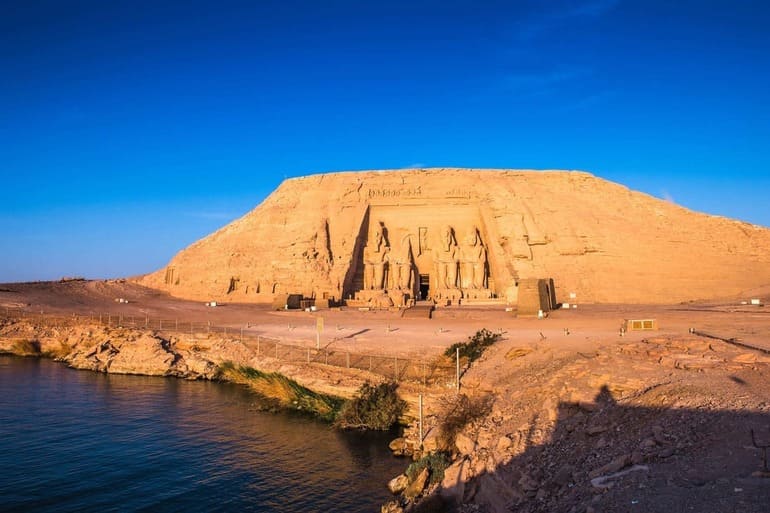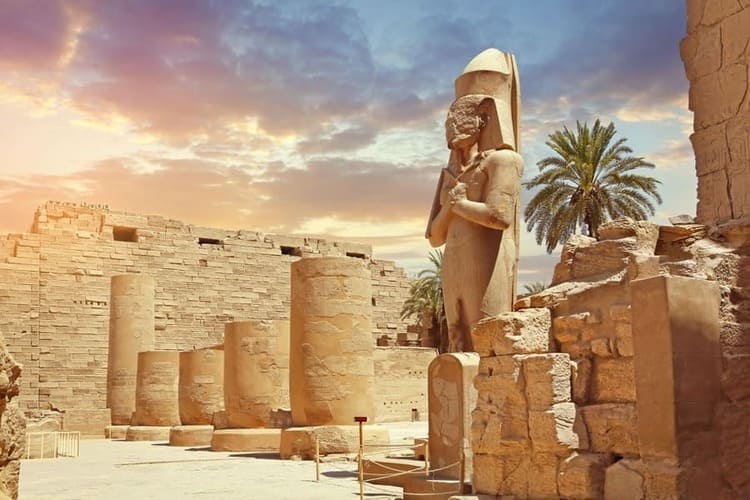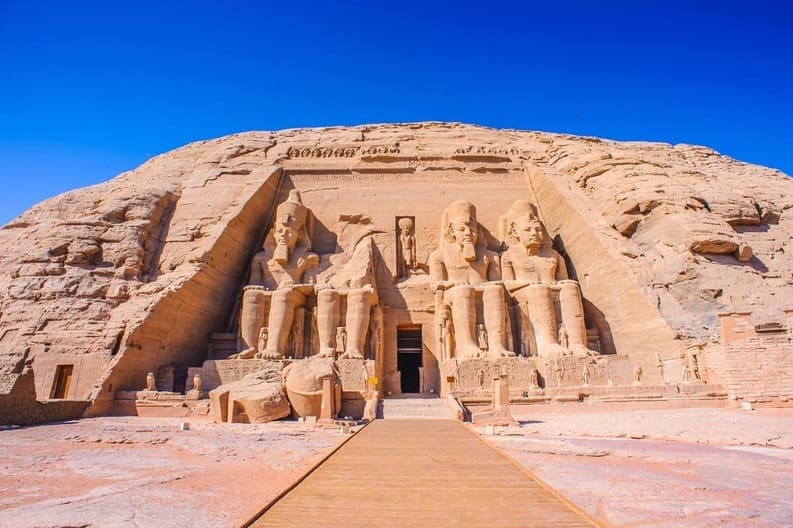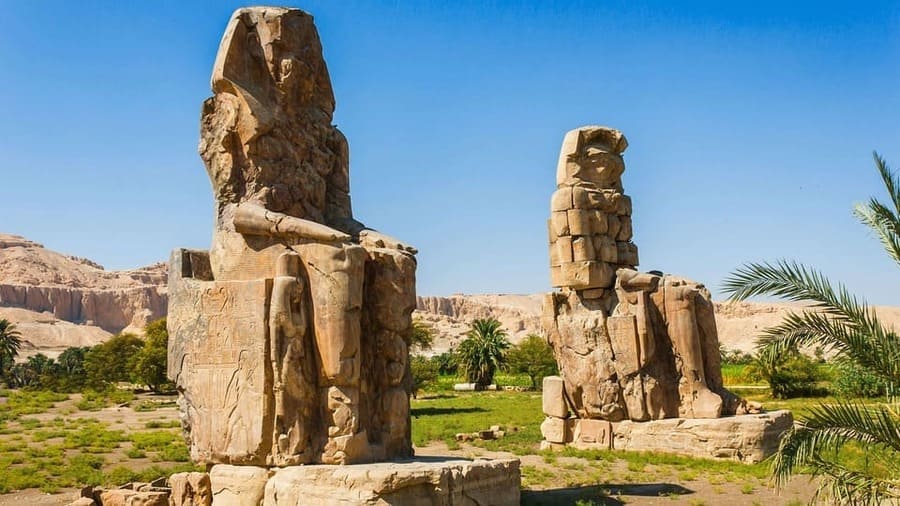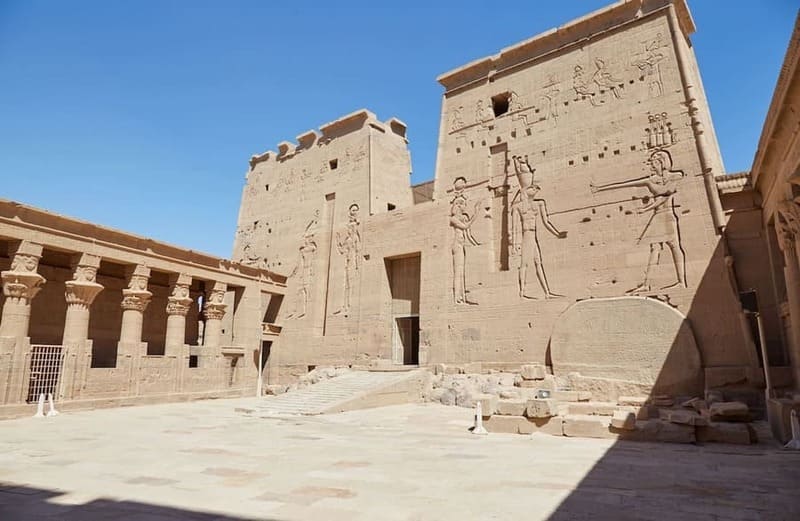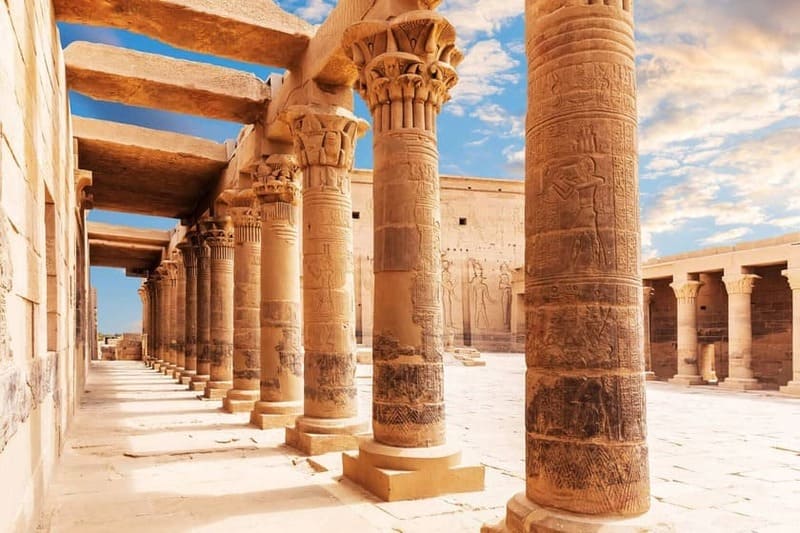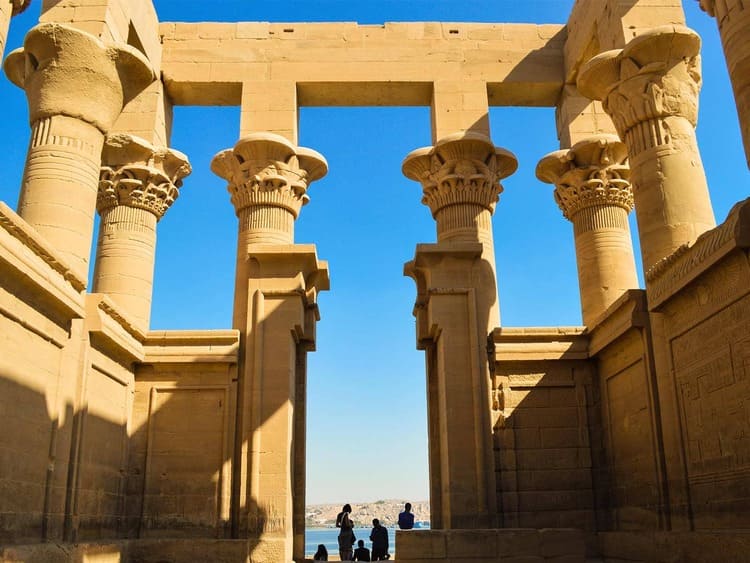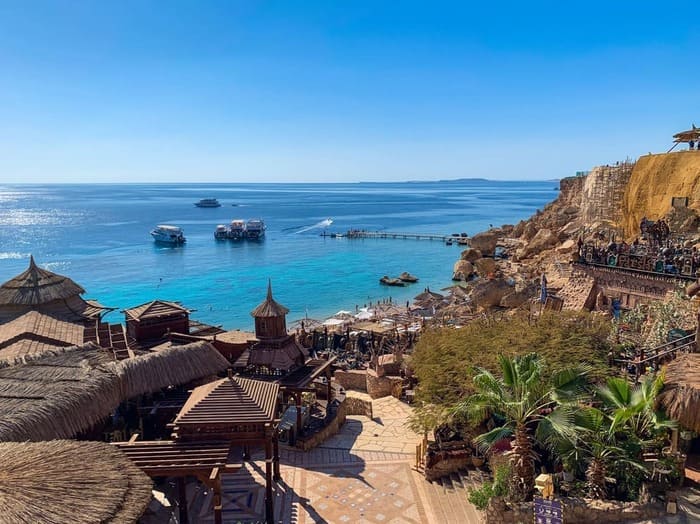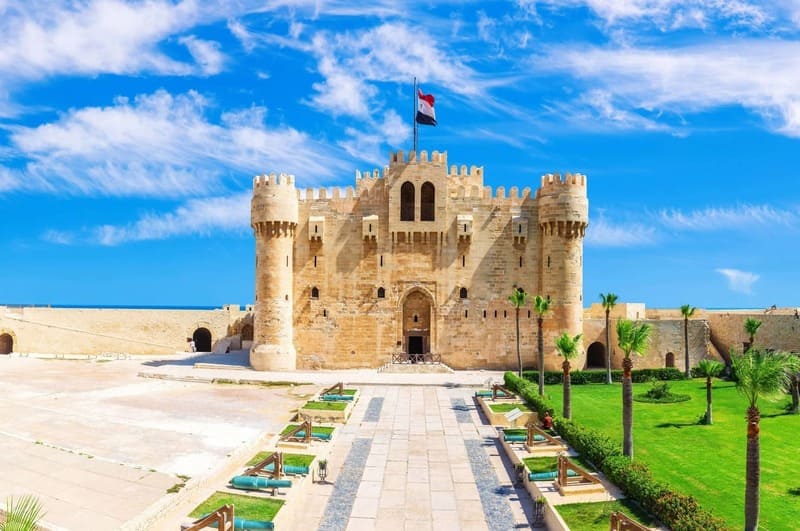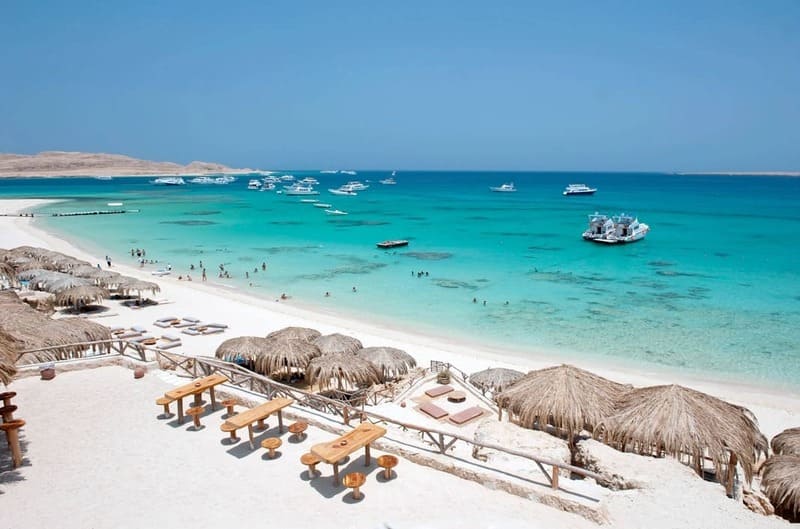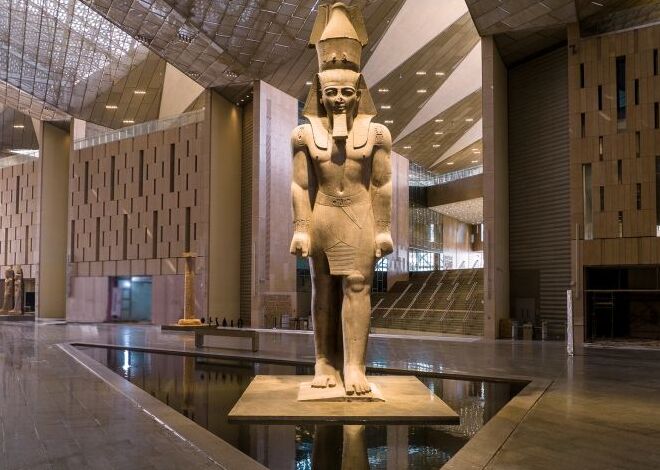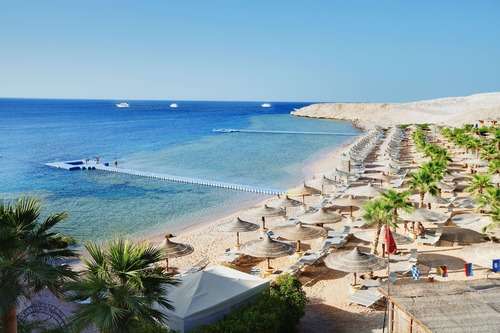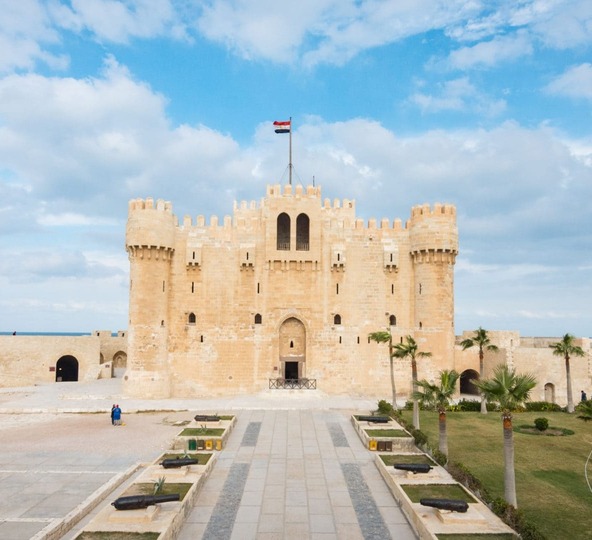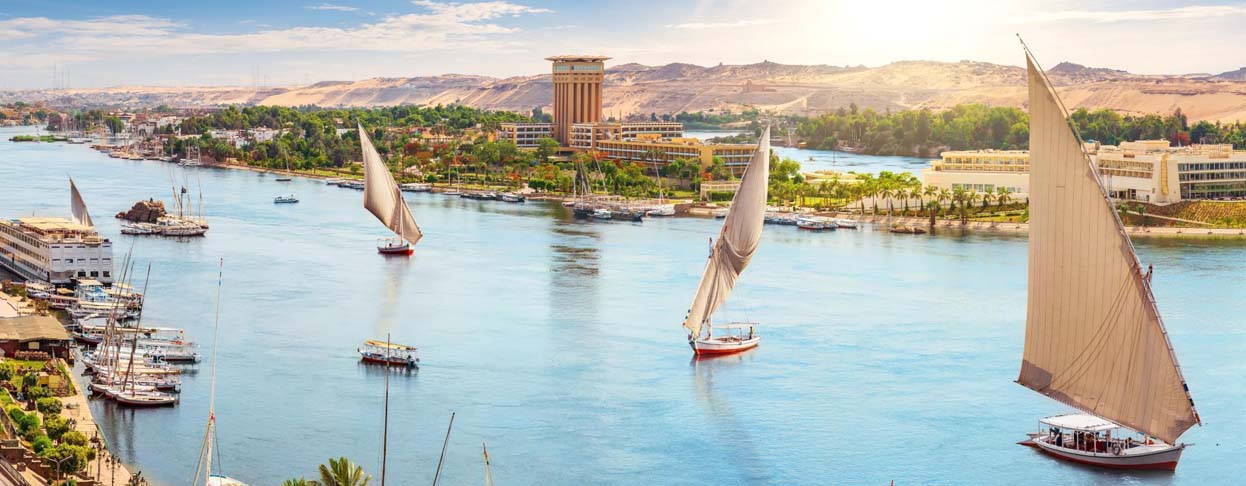
It is the southernmost city in Egypt, about 870 km south of Cairo, just below the Aswan Dam and Lake Nasser. It is well known for its stunning Nile Valley landscape. It was famous for the Nubian civilization that extended from Aswan to Khartoum in Sudan. Nubia was a key area of strategic and economic importance for ancient Egypt. Not only was Nubia a buffer zone protecting Egypt’s southern borders, but it was also a gateway through which many trade goods entered Egypt from Africa. In ancient times, it was the primary source of granite used for obelisks and sculptures.
Historically, Aswan was a key center of trade and culture. During the New Kingdom (1550-1070 BC), pharaohs expanded their control over Nubia, building temples and fortresses to consolidate their rule. One of the most iconic temples is Philae, dedicated to the goddess Isis, which was relocated to Agilkia Island to save it from flooding caused by the construction of the Aswan Dam. Another important site is the granite quarry where the Unfinished Obelisk remains, showcasing the advanced technology of the ancient Egyptians in stone extraction and carving.
Today, Aswan remains a fascinating destination, offering a unique combination of history, culture, and natural beauty. If you are looking for the best travel deals and promotions to Aswan from Spain 2025 / 2026, there are multiple options available to enjoy this Egyptian gem. Additionally, for those seeking a spontaneous experience, last-minute trips to Aswan can provide incredible opportunities to explore this historic city and its surroundings.
For more details on how to plan your adventure, check out this Aswan travel guide 2025 / 2026, where you'll find everything you need to know before traveling to Aswan, as well as the best tips and recommendations to make the most of your experience.
. English
English
 Español
Español

